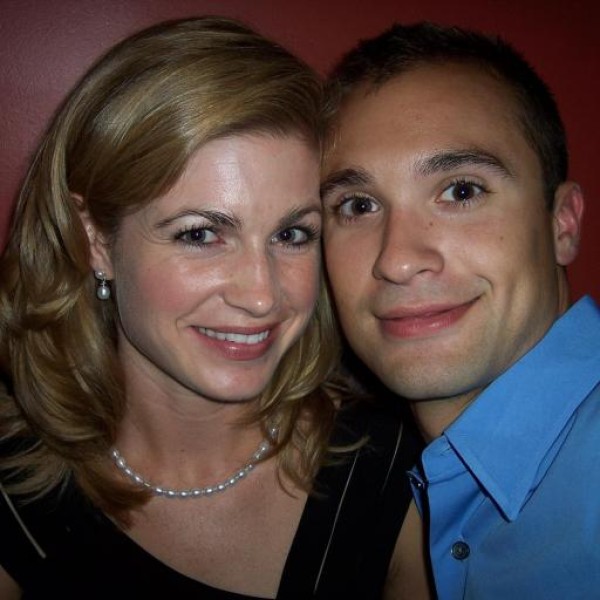Is your home safe?
6 home safety tips to check in your home
Whether you're moving into a new one or you've been in your home for years, creating a safe and secure environment is likely a top priority.
Home safety tips
To make sure your family is protected, the following items should be on your home safety checklist and monitored on a regular basis:
-
Detectors and alarms.
From fire and smoke alarms to CO detectors, all such devices should be tested and batteries should be replaced regularly. Check your specific make and model for maintenance instructions and keep in mind that the device itself may need to be replaced over time. Additionally, investing in and learning to use a fire extinguisher will help keep your home and family safe, should a fire ignite.
-
Loose cords.
Oftentimes overlooked, hanging and electrical cords can make your home unsafe. Exposed extension cords can create a tripping hazard (especially dangerous for the elderly), and hanging cords from blinds and curtains can strangle a child instantly. Consider cordless options where possible, and tape down or hide electrical cords throughout the house.
-
Water heater.
To prevent burns, particularly for the curious little ones, make sure your water heater is set to a maximum of 120 degrees. Avoid storing flammable or combustible materials close to the heater – especially household chemicals and aerosol cans.
-
Vents and filters.
Accumulating dust in vents and filters is one of the most common fire hazards within a home. Check all filters and coils within your home, and clean or change them regularly. For example, air filters are typically changed within 90 days and dryer vents should be changed after each use.
-
Floodlights and security systems.
Keeping the bad guys out of your house is key to keeping your family safe and secure. Install and regularly check outdoor lighting, and consider investing in security features like alarm systems, safety cameras, and deadbolt locks.
-
Escape plan.
Establish an emergency escape plan for your family in case you need to quickly evacuate your home (think: hurricane season!). Write your plan out and be sure your family – children included – know the escape route. It's also beneficial to write out and display emergency numbers in your home. Such numbers would include the local police station, poison control, and your personal "in case of emergency" contacts. Also, be sure your house number is clearly visible from the road. This way, emergency vehicles can quickly find your home if needed.
Few things are more important than the safety of your family. Don't make it happenstance; make the time to keep your home safe. If you have any additional questions, feel free to contact a nearby loan officer for further tips.
Sources:
https://www.safety.com/home-safety-checklist/
https://www.safewise.com/blog/new-homeowner-safety-checklist/
https://www.reviews.org/home-security/ways-to-make-home-safer/



